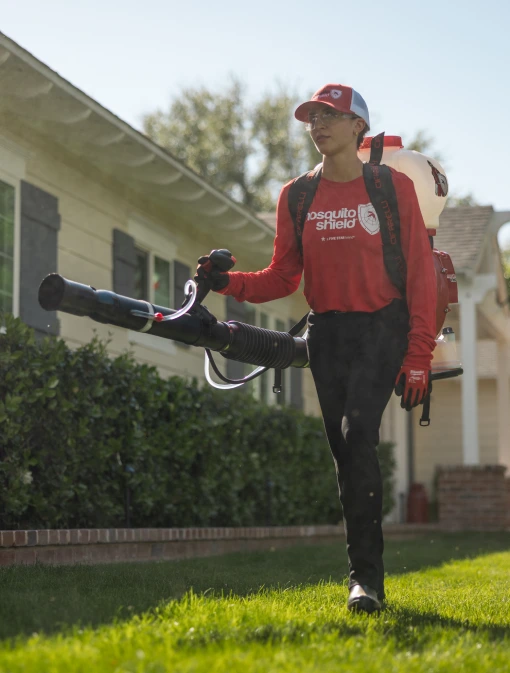Experience relaxation and peace in your backyard with our proven mosquito control solution. Trusted by families in Lagrange, our innovative approach not only repels mosquitoes but also establishes a durable barrier customized to your outdoor environment. Mosquito Shield of Chattahoochee Valley is dedicated to creating mosquito-free zones, so you can enjoy your outdoor spaces without interruption.
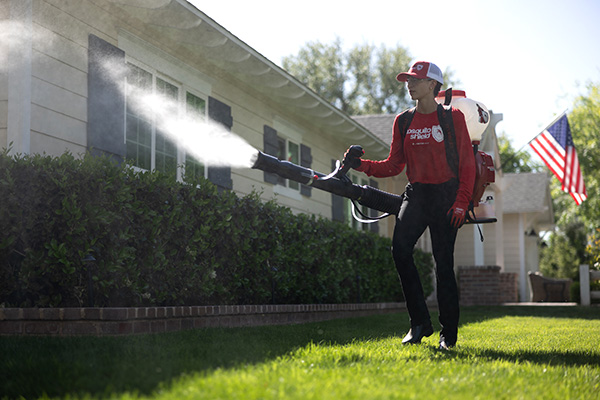
Effective mosquito control in Lagrange that drives mosquitoes away and keeps them out of your yard.

Enjoy mosquito-free outdoor time in Lagrange with treatments designed to provide lasting results.
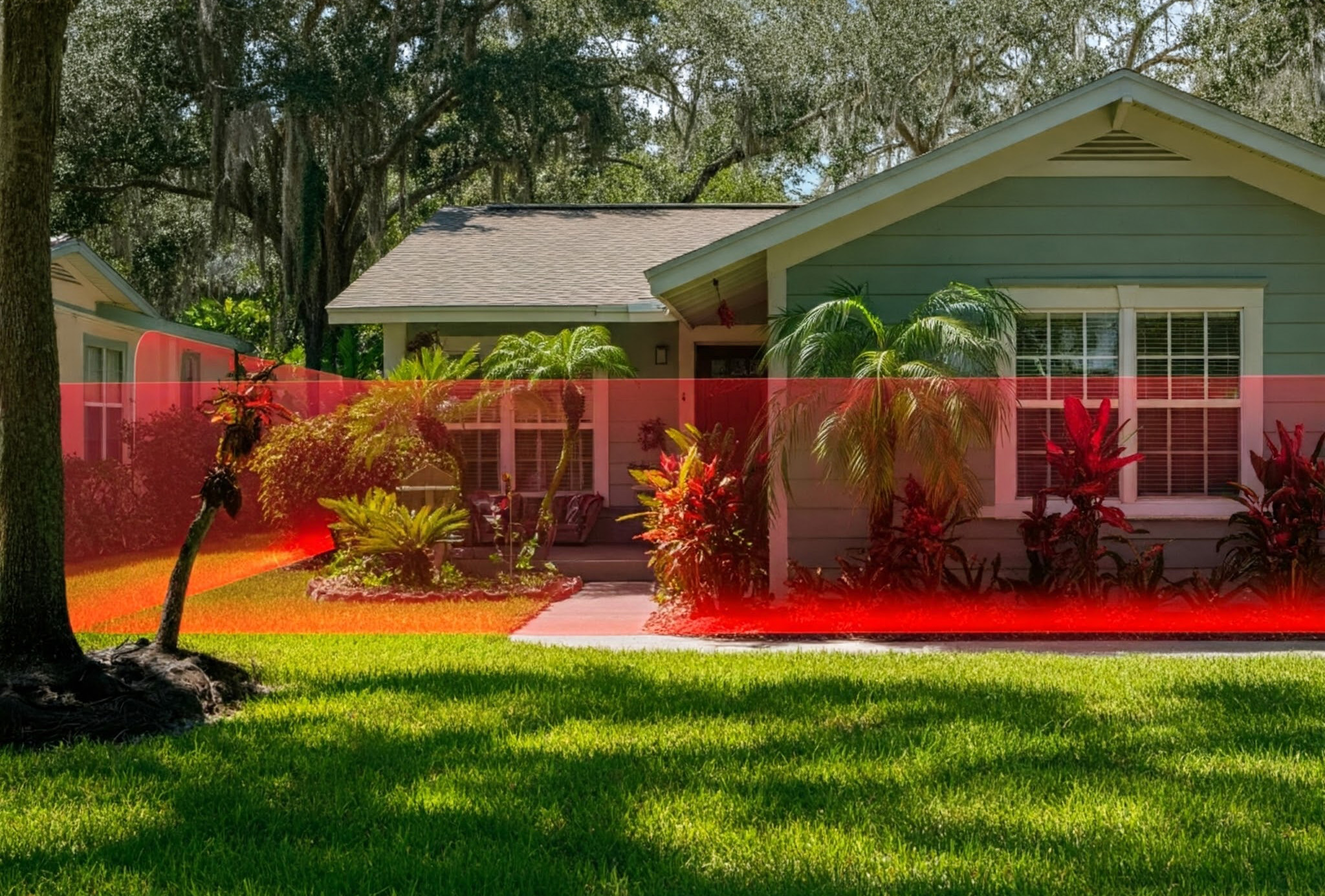
Highly rated mosquito control services in Lagrange, trusted by residents to enhance outdoor living.

LaGrange, Georgia, is the seat of Troup County and sits just west of the Chattahoochee River, southwest of the Columbus metro. With features like West Point Lake, Hills & Dales Estate, Callaway Golf Course, and sprawling residential and university areas, LaGrange balances historic charm with natural beauty. But this mix of water bodies, woodlands, and urban lawns creates thriving habitats for mosquitoes and ticks.
LaGrange’s blend of lakefront parks, creek corridors, wooded neighborhoods, and green campus spaces provides prime environments for pest growth.
Residents face risks from mosquito-borne illnesses like West Nile Virus and Eastern Equine Encephalitis, and tick-borne diseases such as Rocky Mountain Spotted Fever and Lyme disease. Effective outdoor pest control is essential.
Local control measures include:
Professional services and homeowner efforts help protect LaGrange’s residents and ensure a safer outdoor experience.

The weather in LaGrange, Georgia, plays a major role in mosquito and tick activity. The region features hot, humid summers with afternoon storms—perfect for creating standing water in retention zones, creek beds, and gardens, all ideal for mosquito breeding. Mild winters (with occasional freezes) don’t fully eliminate mosquito populations, and ticks thrive during the warm, wet shoulder seasons of spring and fall.


Identification: Small, dark brown to black mosquito with white scales on the thorax and legs.
Habitat: Breeds in natural containers like tree holes and artificial containers such as tires.
Behavior: Daytime biter; females are aggressive and primarily feed on mammals.
Health Risks: Primary vector of La Crosse encephalitis virus.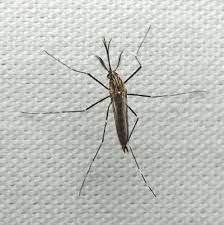
Identification: Medium-sized, dark mosquito with bronze-colored scales and distinct white markings on the legs and thorax.
Habitat: Prefers artificial containers, rock pools, and tree holes.
Behavior: Active during the day; feeds on mammals and birds.
Health Risks: Potential vector for West Nile virus and La Crosse encephalitis.
Identification: Medium-sized with a brown body and white bands on the abdomen and legs.
Habitat: Breeds in temporary floodwaters, such as rain pools and marshes.
Behavior: Nocturnal; females are persistent biters of mammals.
Health Risks: Potential vector for West Nile virus.
Identification: Small to medium-sized, light brown mosquito with unbanded legs and a blunt abdomen.
Habitat: Breeds in stagnant water sources like ditches, storm drains, and containers.
Behavior: Active during dusk and dawn; females prefer avian hosts but will bite humans.
Health Risks: Primary vector of West Nile virus.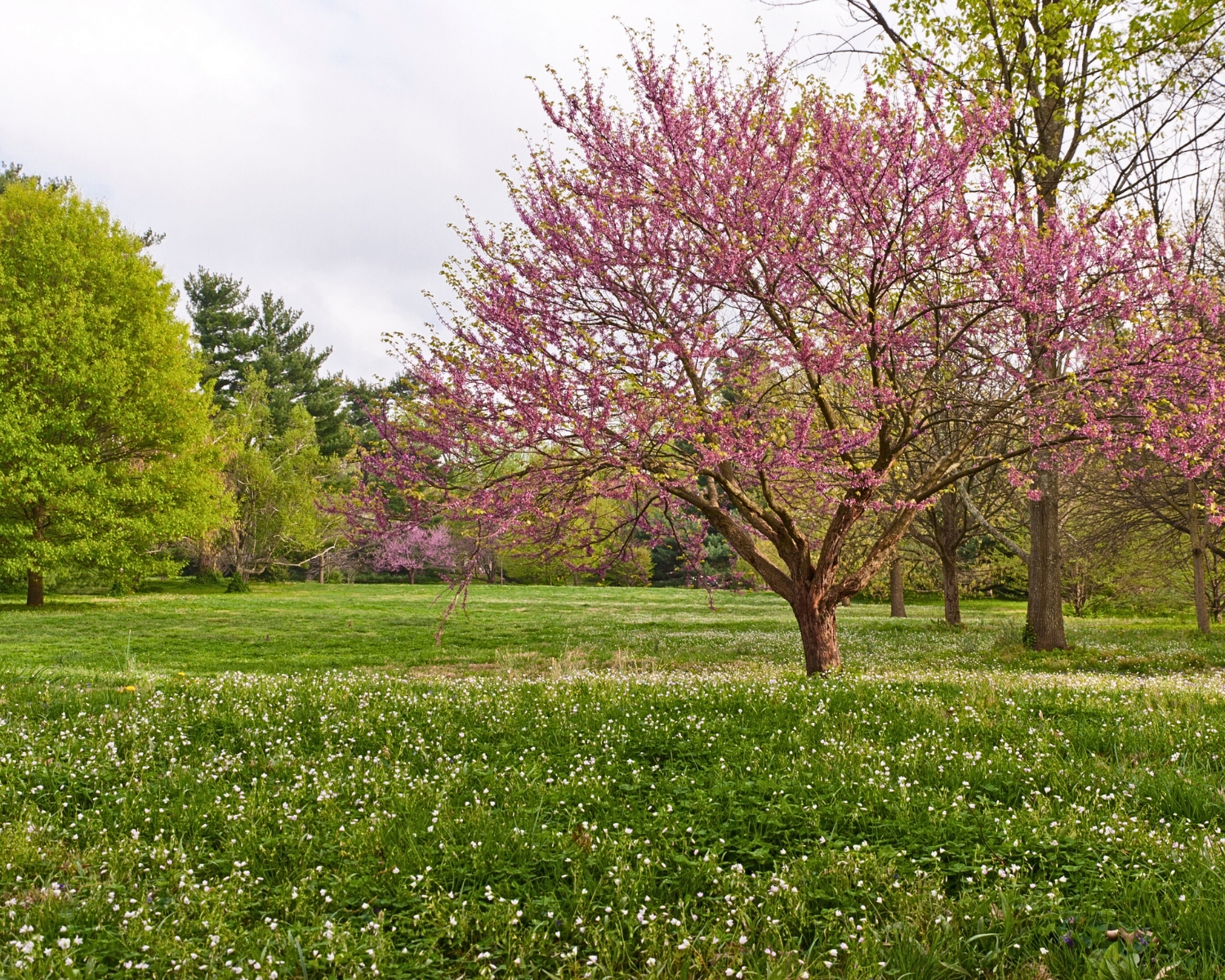
Key Activity: Mosquito season kicks off with spring rain and rising temps.
Breeding: Pollen-clogged gutters, overwatered lawns, and yard waste bins trap standing water.
Common Species Active: Aedes aegypti and Culex quinquefasciatus begin emerging.
Behavior: Biting starts in early mornings and evenings, particularly near shaded patios and greenbelt trails.

Key Activity: Peak mosquito season—hot, muggy conditions dominate.
Breeding: Standing water builds up fast around AC drip lines, pool covers, or kids' toys left outside.
Common Species Active: Aedes albopictus, Aedes aegypti, and Culex quinquefasciatus are all highly active.
Behavior: Expect all-day biting in areas like Lagrange.
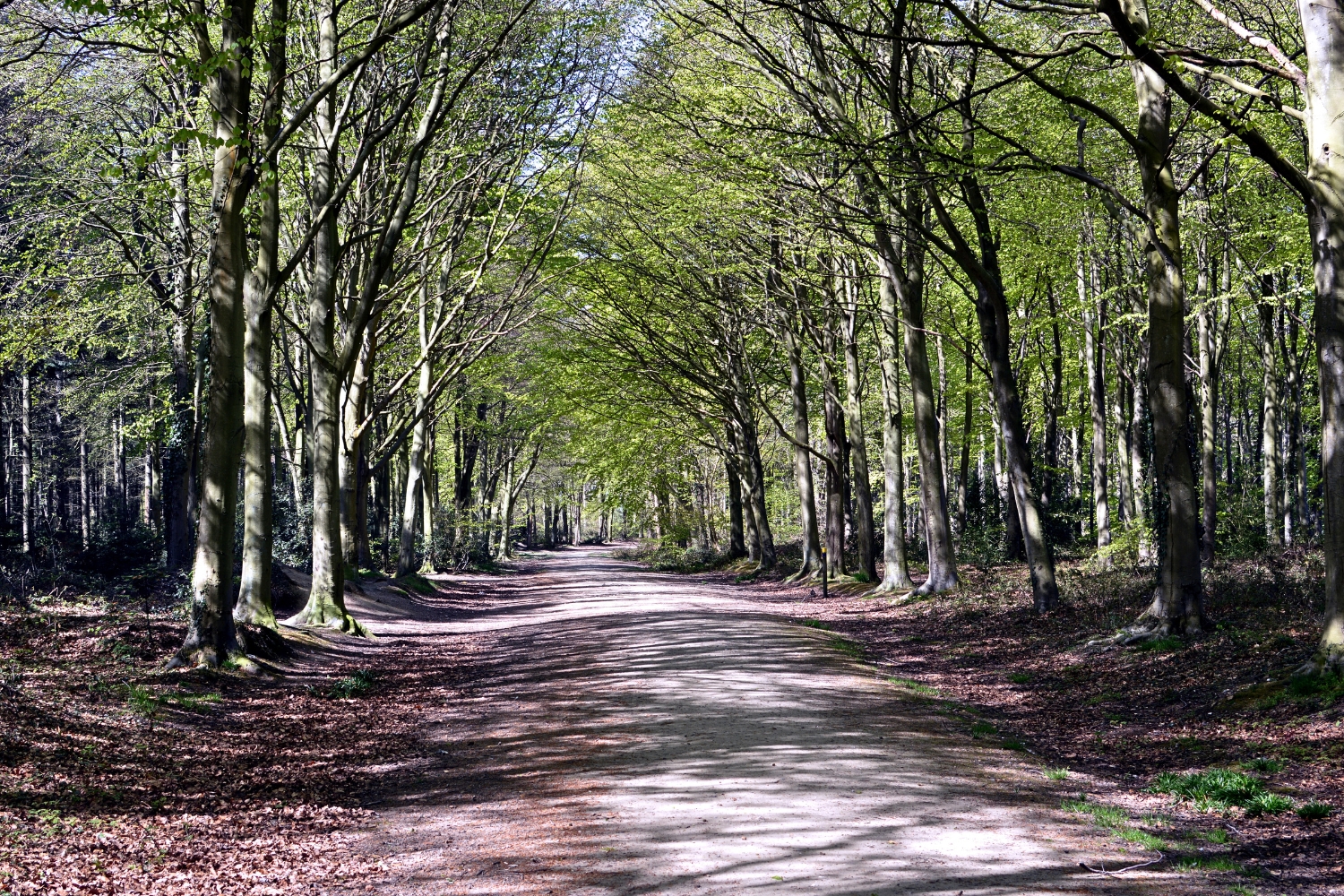
Key Activity: Mosquito activity declines but doesn’t disappear until first cold snap.
Breeding: Rain and falling leaves keep gutters and low points damp.
Common Species Active: Culex and Aedes species still linger.
Behavior: Warm fall afternoons can still bring biting pressure in wooded or shaded spots.
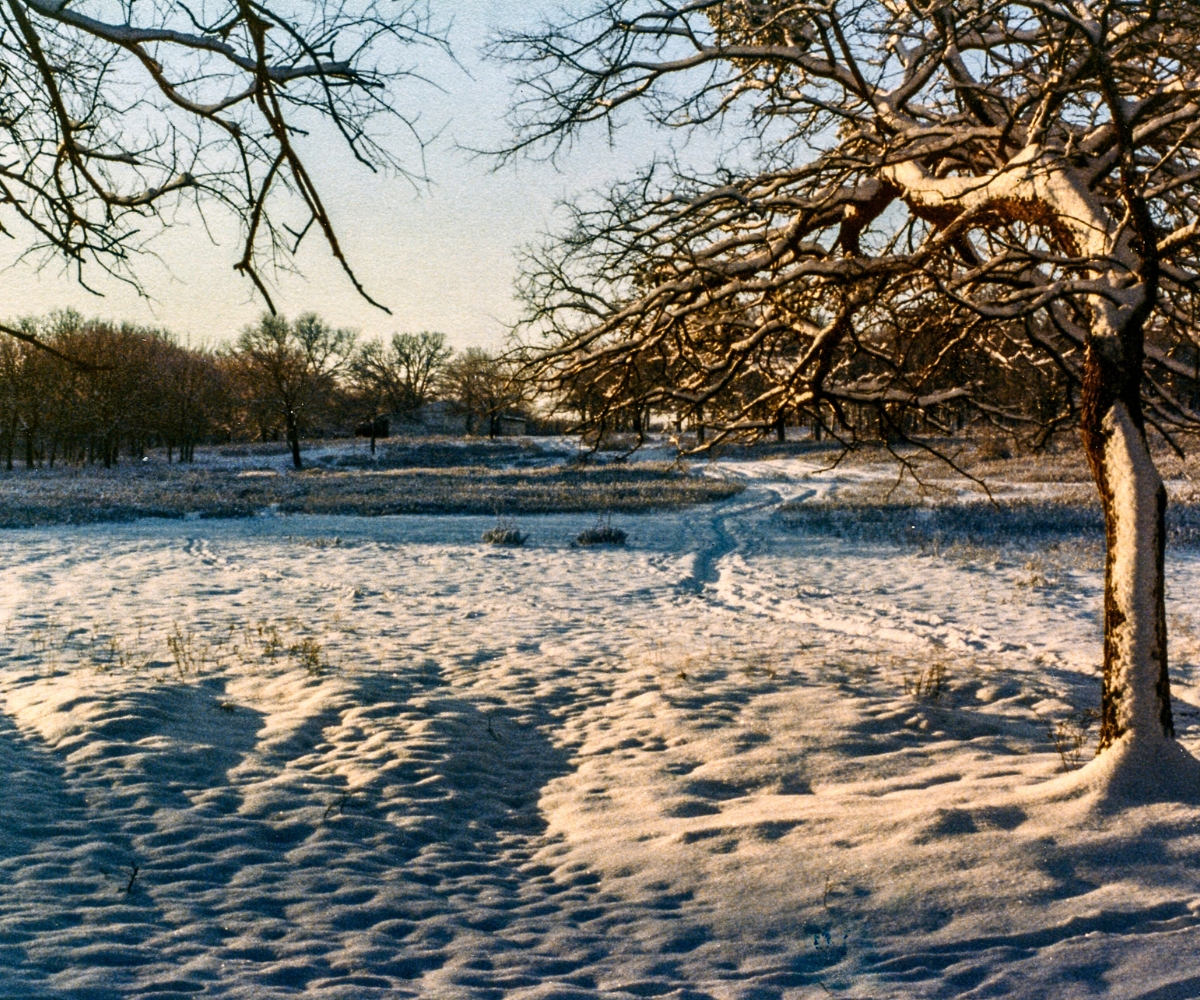
Key Activity: Cold slows mosquitoes, but activity doesn’t drop to zero.
Eggs: Aedes eggs survive dry spells and hatch come spring rains.
Adults: Culex adults may overwinter in sheds, basements, or crawlspaces.
Behavior: After a warm February rain, expect a brief mosquito resurgence.
